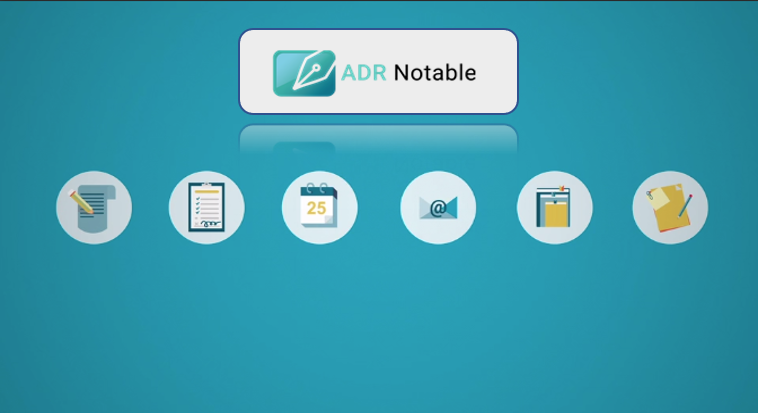

If you do have an attorney, you may take a break and talk to your attorney privately at any time. The mediator may ask to meet with you along (and with your attorney if you have one) so you can talk more comfortably. The mediator will then help you explore ways to resolve the matter in a way that is acceptable to each of you. The mediator will ask each of you to state your views, express your feelings, and describe what you would like to have happen in your case. What happens during mediation?Īt the start of a mediation session, the mediator will explain how mediation works and will answer your questions. The courts maintain a list of available mediators. The mediators are individuals who have been certified by the NH Marital Mediator Certification Board based on their training and mediation experience. It is also important to be willing to share information with the other parties and to work together towards reaching an understanding that would be acceptable to each of you. It is important to come to the mediation session with an open mind, ready to consider new options that may not have been raised previously. You can therefore compare your options at mediation with what would be available through litigation. If you have an attorney, it is important to discuss what your reasonable expectations for an outcome would be should your case go to court. Mediation deals not only with the legal issues, but also deals with underlying relational issues that are important to you. However, if you would like to schedule mediation sooner than the First Appearance, please call the court. Mediation will be scheduled as soon after the First Appearance as possible. Mediation may help improve communications and permit the parties to find better ways to deal with this conflict.Ĭosts associated with mediation may be lower than those experienced for prolonged litigation. Mediation may help you reach agreements that will let you get on with your life and possibly keep you out of court in the future.īy discussing your options in mediation you may discover choices you did not know you had. The mediator is impartial and trained to help you and the other party talk about your needs and differences so that you can work things out together. In mediation you have a better opportunity to control the outcome of your dispute. It is a time for you to be heard and to listen to others. What are the benefits of mediation?Īt mediation you have a chance to present your ideas in an informal, private setting with the support and advice of your attorney, if you have one.
#Mediator 9 tips how to
It gives parties a chance to talk together about how to resolve the matters in a way that addresses both present and future needs in a manner that is acceptable to everyone involved. Mediation eases the difficulty of the court process. Courts are often not in the best position to make decisions about family matters. How does mediation work?ĭealing with domestic disputes is often painful. The mediator encourages the parties to create a solution that meets their individual needs. The mediator ensures that each of the parties to the dispute has an opportunity to be heard and understood. The mediator fosters a problem-solving atmosphere and lessens the temptation to engage in unproductive behavior. The mediator helps each side to better understand their situation. The mediator does not force the disputing parties to reach agreement or to accept particular settlement terms. A mediator does not decide who is right or wrong. In mediation, the parties meet in a private, confidential setting to work out a solution to their problem with the help of a neutral third person, the mediator.

It is often a mandatory step in a family proceeding especially if children are involved. Mediation is an informal process where the parties try to resolve a dispute without the hostility that is sometimes associated with going to court. Mediation is Part of the Divorce Process What is mediation?


 0 kommentar(er)
0 kommentar(er)
